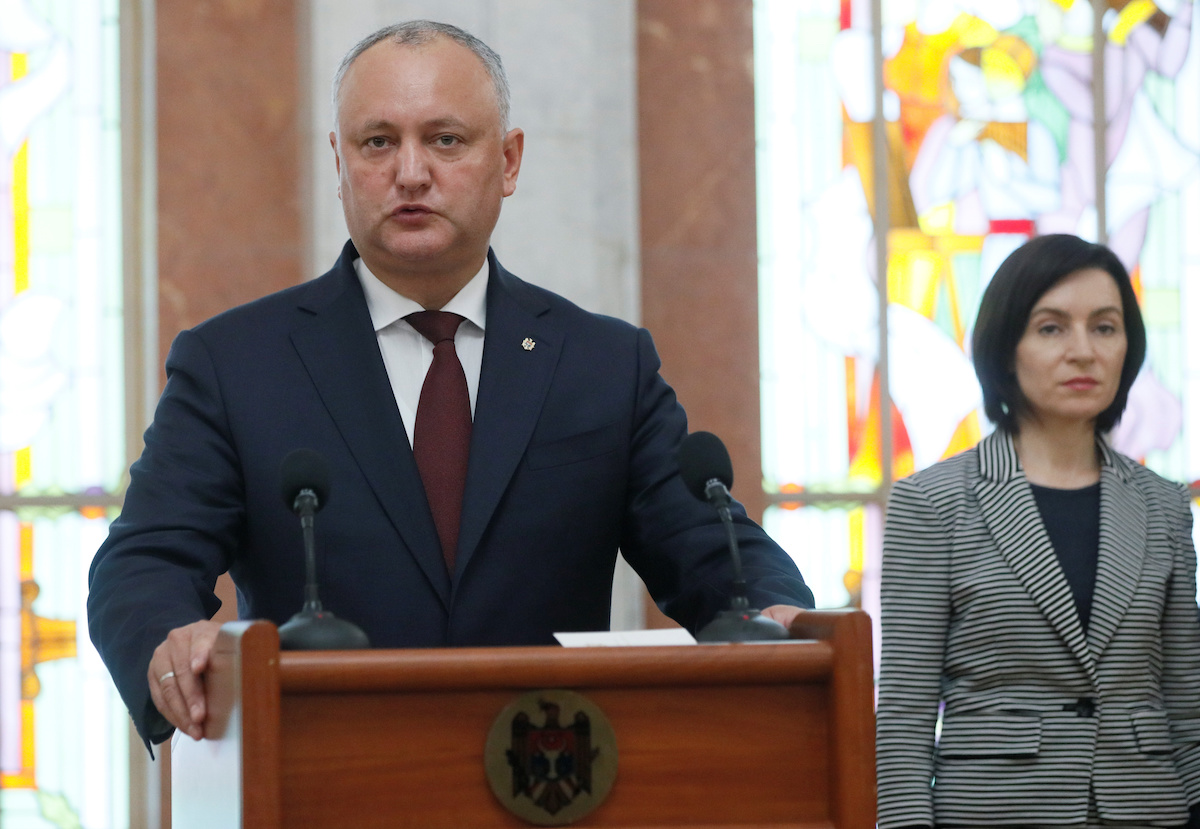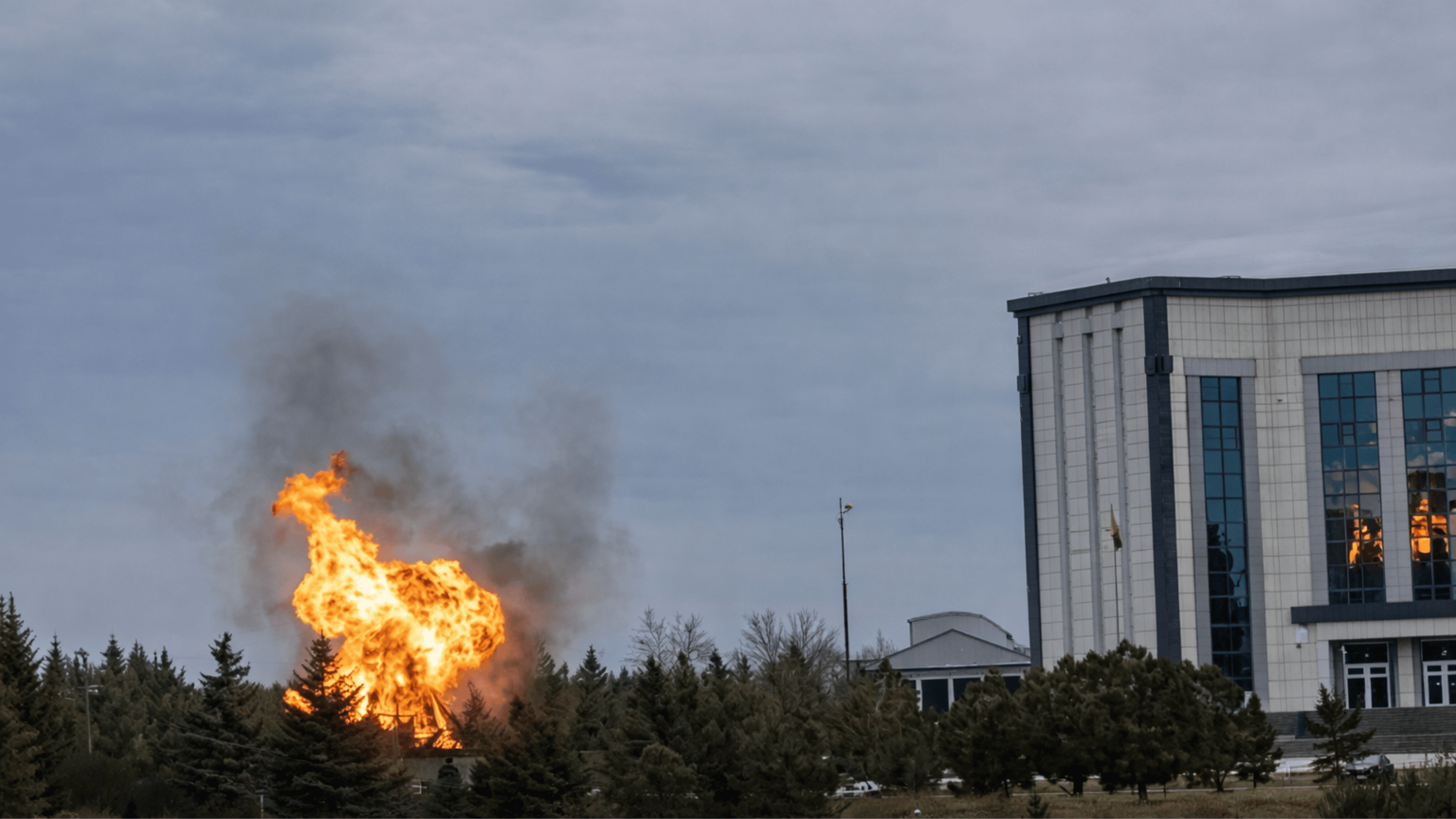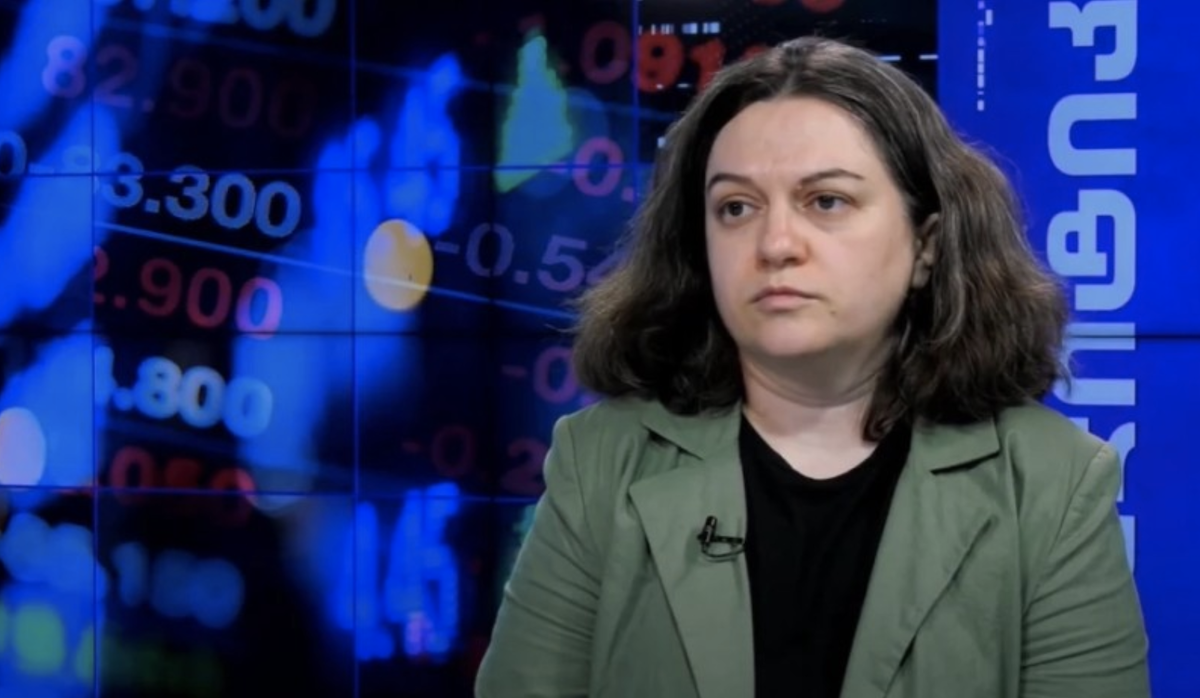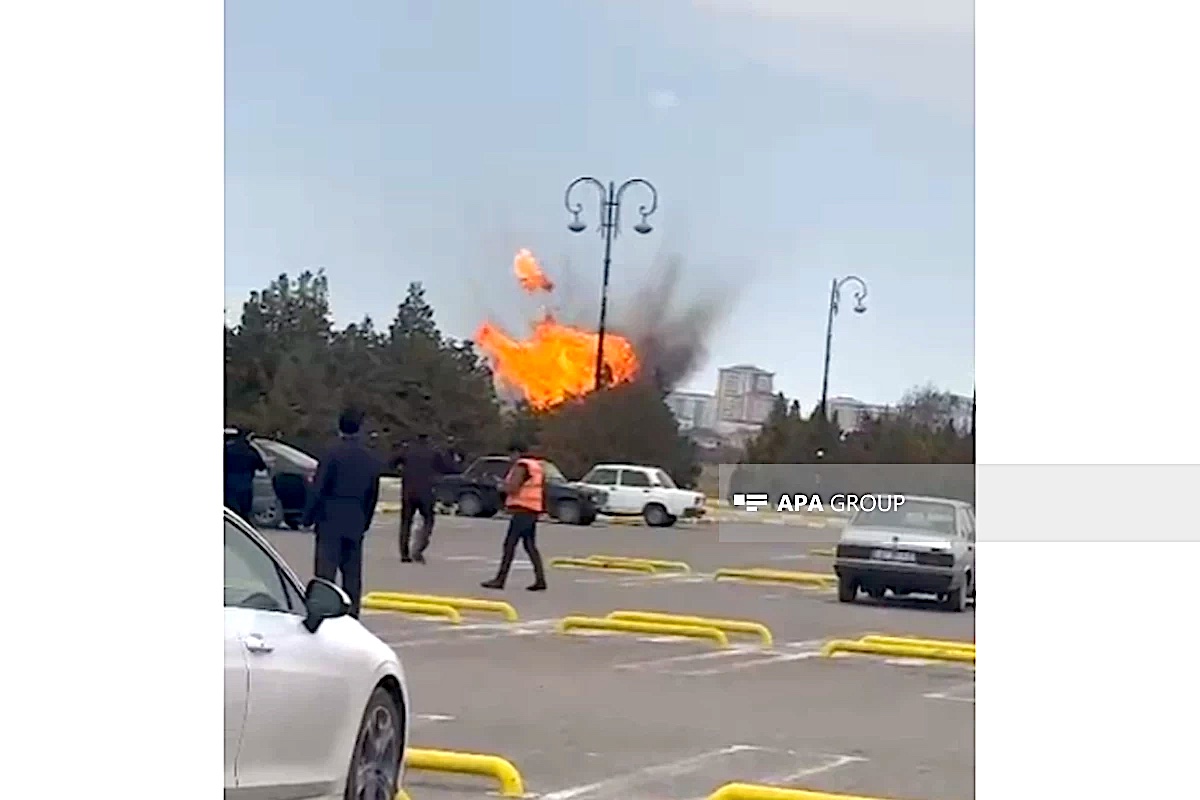Why Moldova’s ‘anti-oligarch’ gov’t has been dismissed after just five months in power
The Moldovan parliament at a meeting on November 12 dismissed the government led by pro-Western Prime Minister Maia Sandu, reports Moldovan newspaper Ziarul de Gardă.
The experiment, which began only five months ago in June 2019 and set out to unite the political scene of Moldova which is deeply divided between pro-Western and pro-Russian forces, has failed.
•Change of power in Moldova – how it happened
The reason for the resignation was the prime minister’s initiative to amend the law on prosecutors; Sandu suggested that she, as prime minister, be given the right to choose a candidate for the position of Attorney General.
However, the Socialist Party, which supports the pro-Russian president of Moldova, was outraged that preliminary consultations had not been held with it.
And instead of considering the bill, the socialists took the initiative to declare a vote of no confidence in the government.
They were predictably supported by their allies in parliament – the Democratic Party, the former ruling party. It is led by oligarch Vlad Plahotniuc, who fled from Moldova after the pro-Western forces came to power, led by Maia Sandu.
As a result, 63 out of 101 deputies gave a vote of no confidence.
Before the voting process, Maia Sandu said: “You got scared – the government stopped corruption schemes, where you got money from. (Oligarch) Plahotniuc had to be stopped, and we stopped him. We made a coalition to save people from dictatorship.”
After voting for the resignation of the government, Sandu stated that “now, apparently, a second Plahotniuc has appeared.”
•Moldovans leaving in droves for work – children following closely behind
•Gagauzia – a pro-Russian autonomous region within Moldova
•Moldovan export: profitable ban
How Moldova got rid of its pro-Russian oligarch and president
The event is being called a new political crisis by political observers in Moldova.
The previous one took plcae in the summer of 2019, when two governments were acting simultaneously in the country.
This happened after the Constitutional Court of Moldova temporarily removed the pro-Russian president Igor Dodon from his post.
At the same time, a decree was signed on the dissolution of parliament and new elections were called.
However, it didn’t come to this, because an unusual turn of events took place – the Socialist Party of President Igor Dodon teamed up with the pro-European alliance ACUM and formed a new government.
ACUM leader Maia Sandu became prime minister of the new government. However, the old government did not immediately resign – and for some time the two governments simultaneously worked in Moldova.
Then the old cabinet nevertheless renounced power, the Constitutional Court overturned its decision to deprive President Igor Dodon of his powers and to hold early parliamentary elections. And then all the judges of the Constitutional Court resigned altogether.
Many in Moldova and abroad hoped that the unusual alliance of pro-Russian and pro-Western forces would be sustainable. However, this did not happen – the alliance broke up.

What’s next
The President of Moldova, the leader of the Socialist Party, Igor Dodon, in turn, accused Maia Sanda of deliberately “provoking” the fall of the government.
Dodon said that if the Socialist Party and the pro-Western ACUM bloc cannot agree, then he himself will propose a candidate for the post of prime minister.
“I’ll propose a prime minister far from politics,” said Igor Dodon.
According to the Constitution of Moldova, the government after a vote of no confidence works until the members of the new government take the oath, but in a limited mode – without the right to make decisions in foreign policy and legislative initiatives.
After consultations with parliamentary factions, the president will nominate a new candidate for the post of prime minister, who will present his cabinet and program for approval to parliament.
However, if within three months the parliament does not vote for the new government, the president can dissolve the parliament and announce early parliamentary elections.
International reaction
Romanian Prime Minister Ludovic Orban, commenting on the decision of the Moldovan parliament, said that “any action against the Sandu government raises serious questions about the European path of Moldova.”
The European Union has reacted to the political situation in Moldova.
“The passing of a vote of no confidence in the Government of the Republic of Moldova on issues related to the recruitment process of the Attorney General is an alarming signal for the reform process in the country,” the EU communiqué says.



















